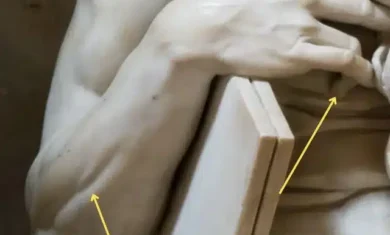It’s tempting to try to have the answer for every question, and it’s admittedly something I fall into myself. It’s kind of like the idea of “proving versus improving“, and trying to be an expert on everything. You don’t need to try to do that.
It can take a degree of humility to know you don’t have all of the answers, but it can lead to two great outcomes.
First, as the title states, it can give you the push to learn something new. If you can recognize that you don’t really understand a particular subject, even if it’s really just a bit of imposter syndrome, that will push you to learn.
Second, depending on your role, you can hire people to handle those areas. Years ago, I spent some time trying to learn Photoshop and improve my design skills. That wasn’t necessarily a bad direction, but it turned out to be mostly a waste of time — my time was better spent honing development and leadership skills, and hiring amazing designers to do what they do best.
Most great leaders (including politicians, ideally) can see the big picture and then hire experts to make the execution in each area as good as possible. People like Sara Blakely (founder of Spanx) and Reid Hoffman (founder of LinkedIn) have done this exceptionally well over the years, and their results speak for themselves.
Ultimately, it goes back to the Daniel Kahneman quote that I shared a few weeks ago: “No one enjoys being wrong, but I do enjoy having been wrong, because it means I am now less wrong than I was before.”
A lack of knowledge can be a good thing, as long as you are willing to admit your shortcoming in that area and do something about it.




